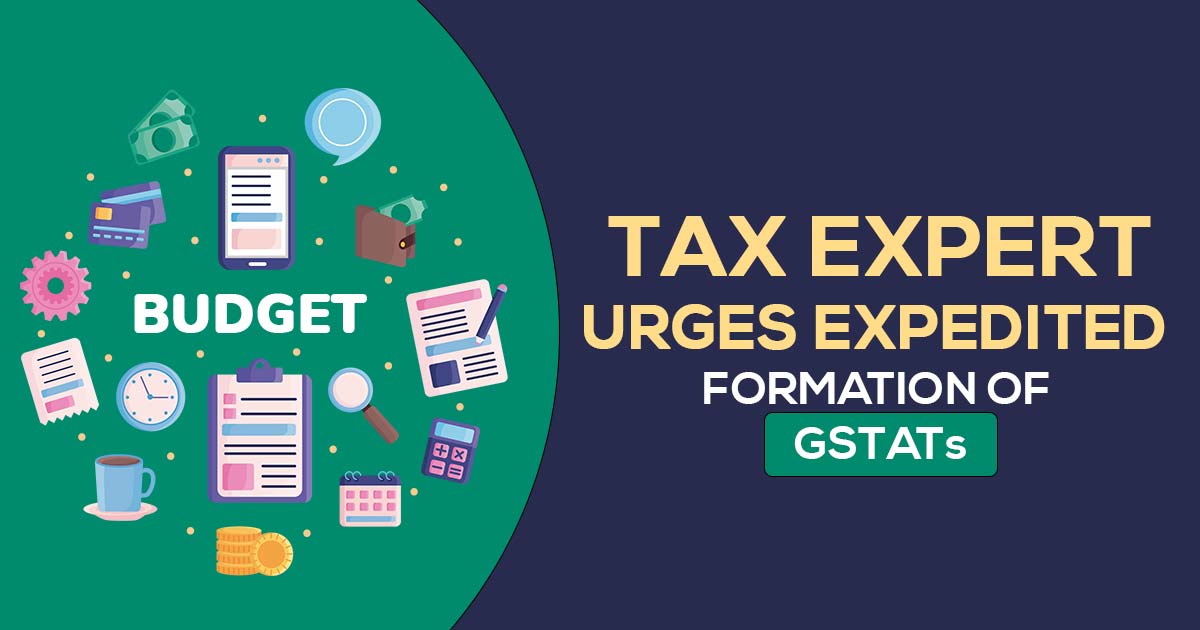
Amid ongoing concerns about tax notices and the strain on High Courts due to litigation, experts in the industry emphasize the necessity of establishing Goods and Services Tax (GST) Appellate Tribunals. The imminent presentation of the sixth Union Budget by Finance Minister Nirmala Sitharaman, under the Modi government on February 1, 2024, arrives amidst the looming Lok Sabha polls, prompting high expectations for pivotal budget announcements.
Nevertheless, recognizing that this budget will be a vote-on-account and might entail limited alterations, Kunal Chaudhary, Partner of Indirect Tax at EY, underscored the industry’s crucial demand. “I believe the government should address a significant industry concern – the absence of a formed tribunal, which is also a key ask from the industry,” he expressed.
Chaudhary emphasized the necessity of these tribunals, noting that the government officially established 31 GST Appellate Tribunals (GSTAT), 31 at the state level, and one at the national level on October 25, 2023.
Following the GST Council’s suggestion, the Centre officially announced the formation of the principal bench of the GST Appellate Tribunal (GSTAT) to be situated in Delhi.
Sources show that the government anticipates these Appellate Tribunals to be operational by April.
Chaudhary commended the government’s proactive approach in addressing tax notice concerns, emphasizing the clarity brought about by their timely clarifications. “The government has been actively providing explanations on contentious matters to minimize interpretation discrepancies and reduce litigation. This approach aims to offer clearer guidelines for the future.”
Read Also: Union Budget 2024: Center May Thinking to Increase Tax Rebate to INR 7.5 Lakh Under NTR
However, he noted, “Many taxpayers are anticipating the establishment of these tribunals to kickstart and expedite the litigation process.”
Insight into GST Tribunals
The tribunal acts as a secondary appellate body within GST laws and serves as the main platform for resolving disputes between the Centre and states. By functioning as a unified entity, the GST Appellate Tribunal aims to bring consistency to resolving GST-related conflicts and encourage uniform implementation of GST throughout the nation.
Their creation was envisioned to streamline the dispute resolution process, guaranteeing equitable hearings for both taxpayers and tax authorities.
Recommended: Union Budget 24: Real Estate Sector Seeks GST & Tax Revision
Setting up these tribunals wouldn’t just speed up dispute resolution and reduce the load on higher courts, promoting a more effective and transparent GST environment.








